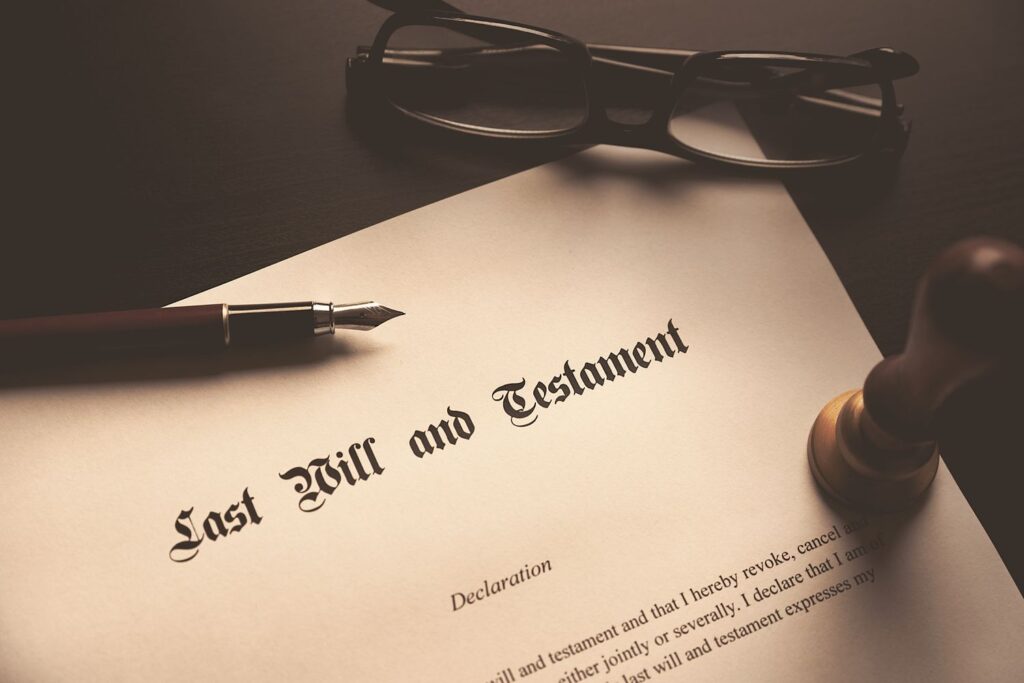
At some point in your life, there’s a good chance you’ll be tasked with acting as the executor of an estate. The designation is both an honor and an obligation. Depending on the size of the estate and your relationship to the deceased, performing the duties of an executor can feel like a second job.
The task is particularly challenging for adult children who are responsible for executing the estate of the last surviving parent. Those executors are often required to distribute assets among several beneficiaries, sell the family home, and comb through decades of family belongings, some of which may be valuable. If the family is fractious, the estate is large or the parents’ estate planning was haphazard (or nonexistent), the task becomes even more time-consuming. While every situation is different, here are some basic steps most executors should follow:
Obtain copies of the death certificate and file the will. One of the first duties you must perform as executor is to obtain copies of the death certificate, usually available from the funeral home, and file the will and death certificate with the county probate court. The deadline for filing the will in Washington is 30 days after the date of death. If probate is required, you’ll need to obtain a letter from the court, known as Letters Testamentary, that gives you legal authority over the estate. You need this letter because the executor doesn’t have authority until they get something from the court that says they have that authority.
Create an inventory of assets. Ideally, the deceased kept good records of bank and brokerage accounts, insurance policies, tax returns and other documents, but that’s not always the case. You may need to act as a detective to track down some of these accounts, and it’s not unusual to unearth an insurance policy or bank account months after an individual has died. We have seen Executors come in with a 1952 stock certificate for a company no one had never heard of. The stock turned out to be worthless, but a stock certificate for a company that has been taken over several times could be worth real money.
Protect personal property. If the estate includes a home, you’ll be responsible for maintaining the property and paying the mortgage, taxes and insurance until the house is sold.
In addition, you may need to change the locks to prevent overeager heirs from taking possession of valuable items, such as your father’s vintage baseball card collection. You’ll also need to make sure the deceased individual’s vehicle is up to date so it’s not towed.
Set up a separate bank account. Throughout the process, you’ll need to pay bills and make deposits on behalf of the estate. To accomplish this, you should set up a bank account in the name of the decedent’s estate. This account will also provide a record of transactions that will prove useful if anyone challenges your administration of the estate.
Pay the decedent’s debts. This step is critical, because if unpaid bills and other debts aren’t paid before the estate is distributed to heirs, creditors could sue you. But do not pay any credit card or other debt until the creditor has made a claim against the estate (which they must do within 4 months from the date you were appointed as executor). You’re also responsible for filing their federal tax return for the year of their so you can pay any taxes owed (or claim a refund).
Communicate regularly with the beneficiaries. Don’t leave other heirs in the dark, particularly if the process is taking longer than expected. We recommend updating other heirs on at least a monthly basis. Keeping good records will also assure other heirs that you’re acting in their best interest.
Distribute the assets. This is the final step in the process and can only be completed after all debts are paid.
Distributing personal property can be the most challenging part of this process because items that have been in your family for years may have sentimental value for more than one heir. Ideally, you’ll receive some guidance from the deceased individual’s will. If not, an inventory of all of the items will help you come up with an equitable way to divide them.
Once you’ve distributed the assets, you will need to obtain a release from all beneficiaries acknowledging that they have received their inheritance. This will protect you from lawsuits from disgruntled heirs.
If all of this sounds like more than you can handle, you have the right to decline to act as an executor—and sometimes that’s the right choice. Another family member may be willing to step up, and if that’s not an option, you can always hire a professional to do the job.
